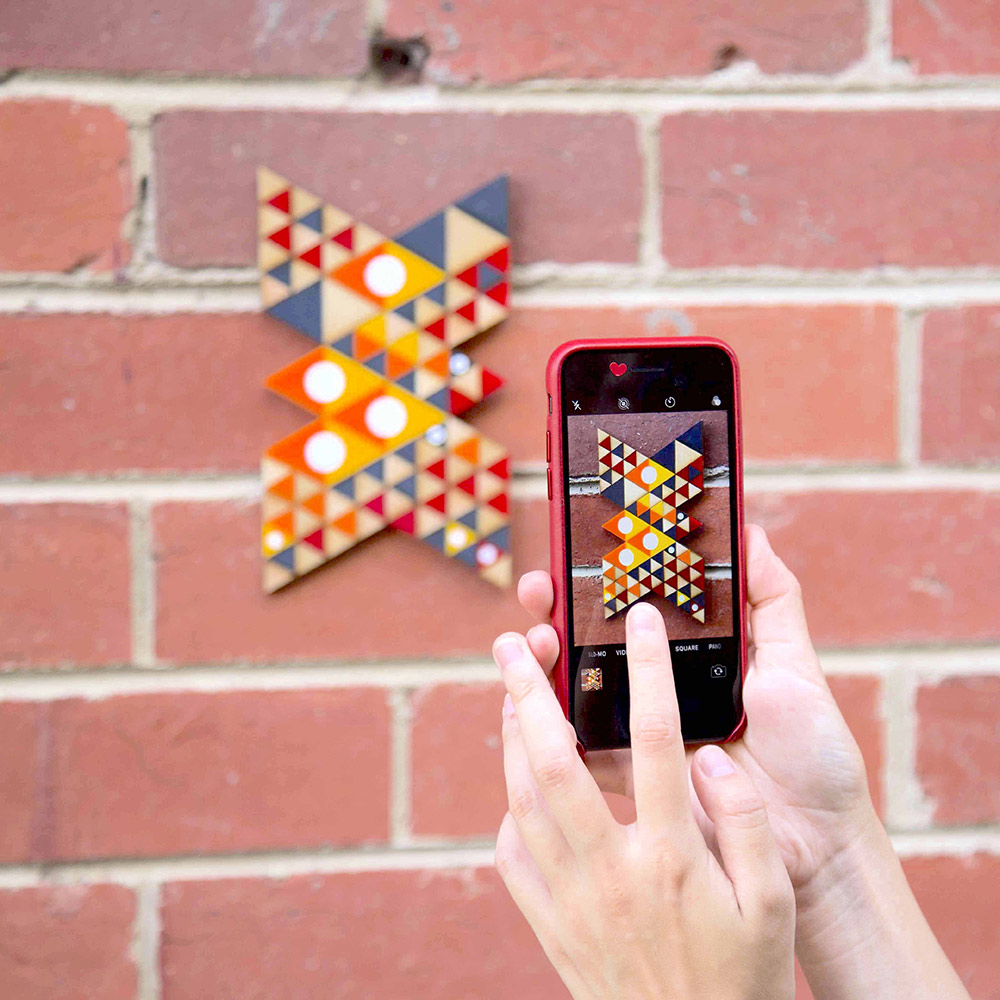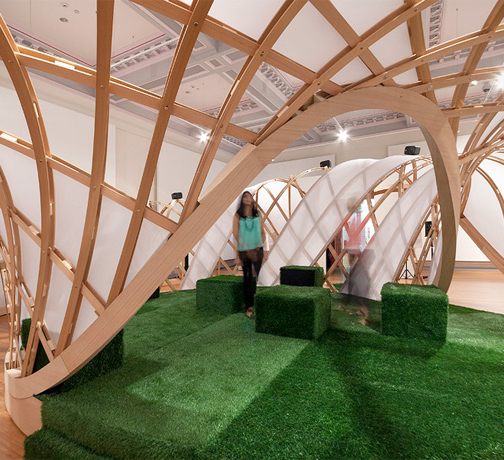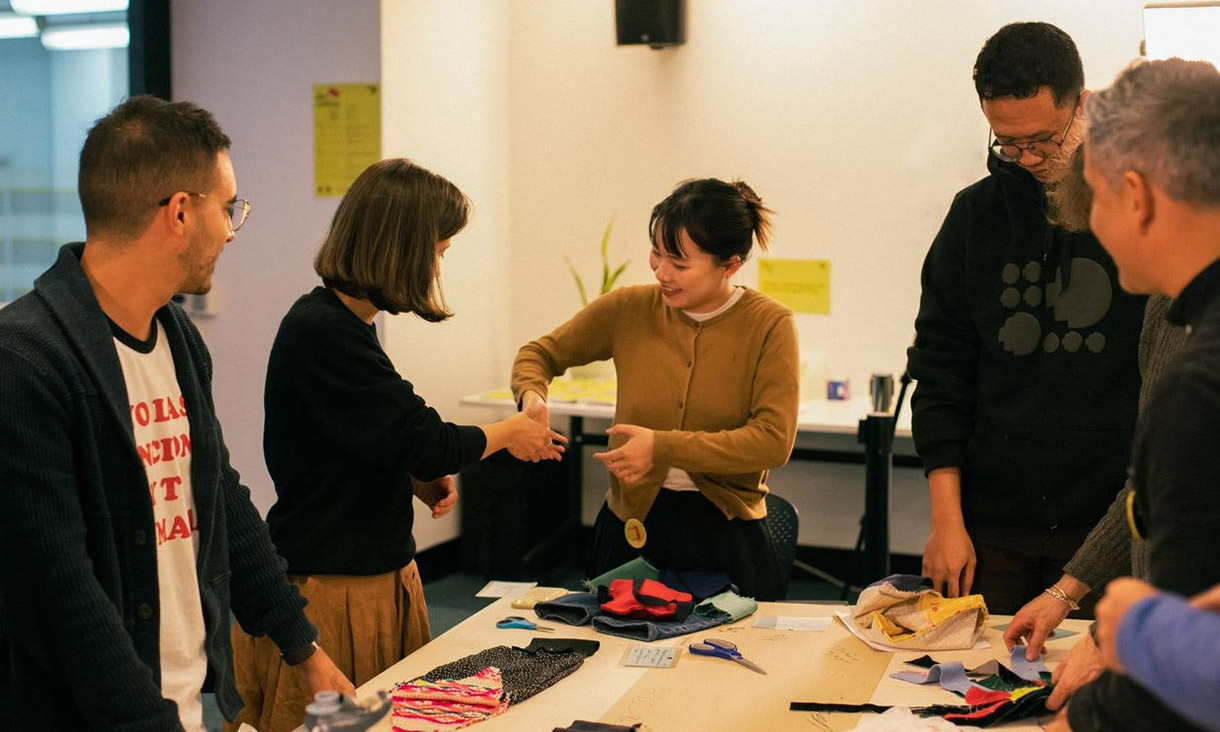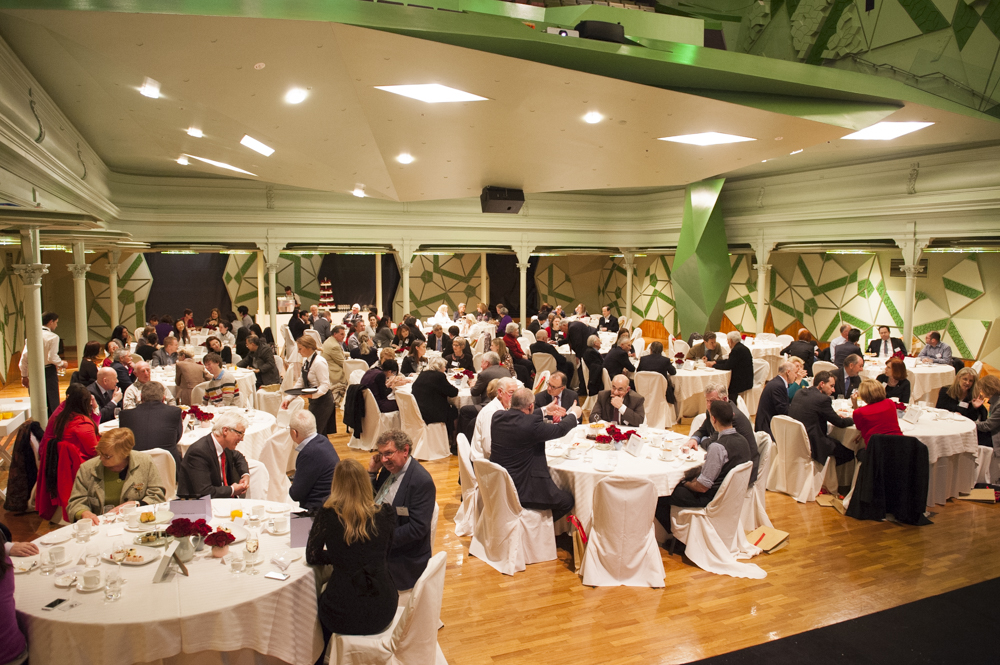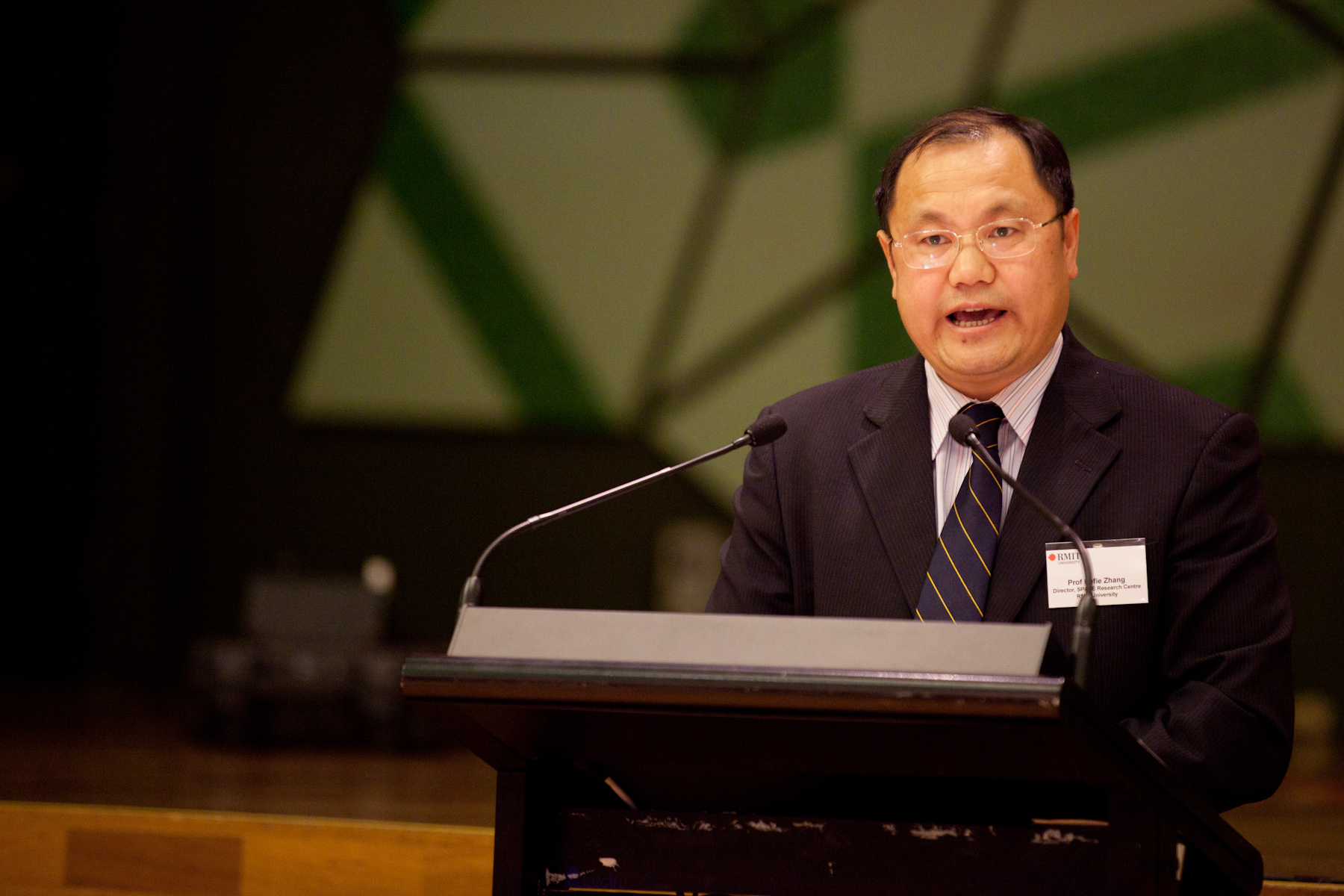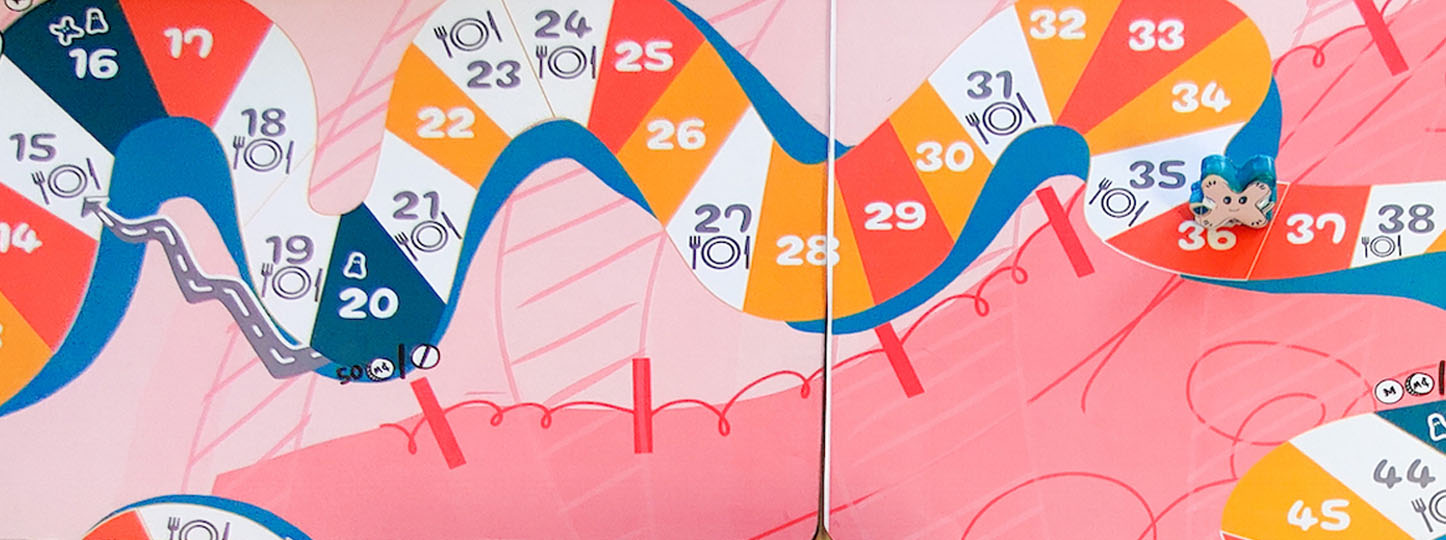Design Research for Regenerative, Equitable Futures
Research at RMIT School of Design leverages reflexive and critical creative practice to explore design’s capacity to co-create futures that are regenerative, equitable and inspiring. Our world class* researchers work from bases in communication, industrial and digital design, widely defined, to engage pressing contemporary challenges in areas including urban futures, access and equity, information systems, environmental justice and health and wellbeing. Our research stems from shared values that emphasise equity, thoughtful design action, responsible practice and a critical engagement with place and culture.
* ranked 5 ★, 1st in Southern Hemisphere and 18th in the world for Art and Design (QS 2024)




